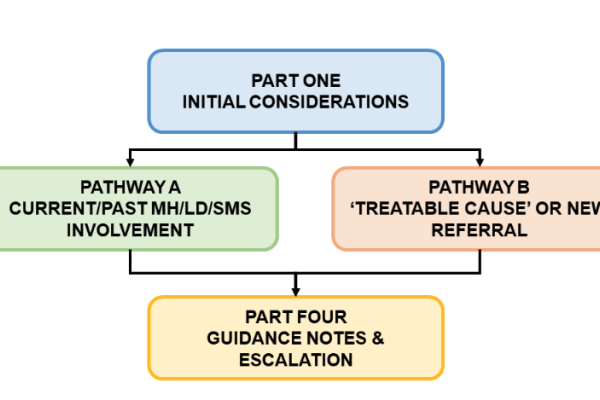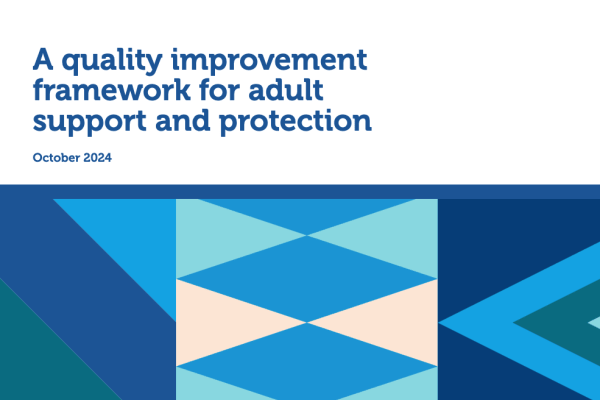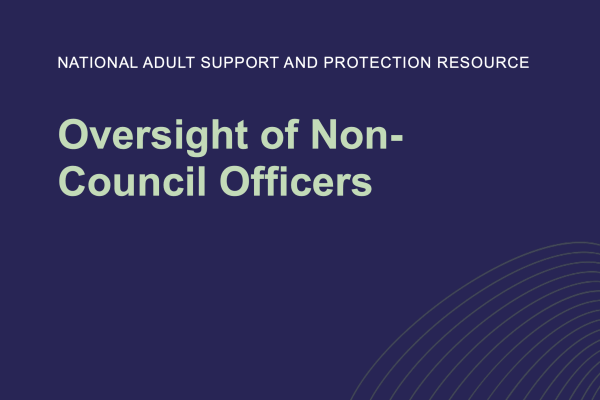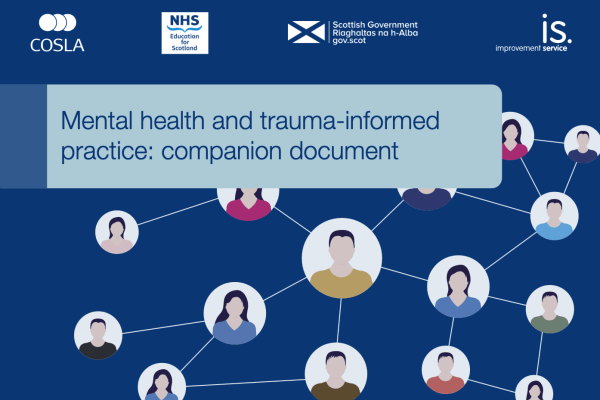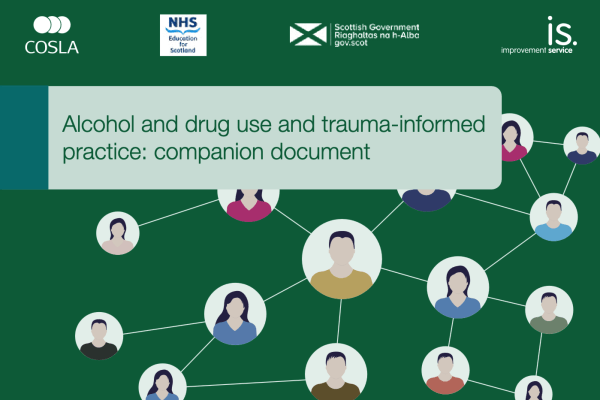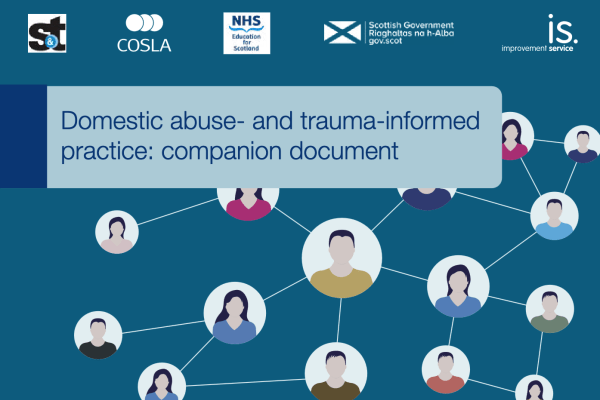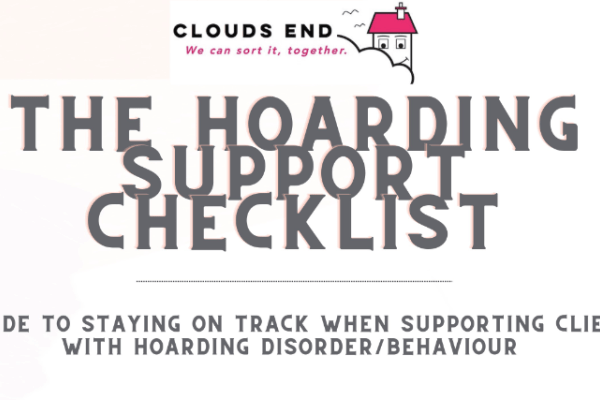Pathway for capacity assessments for protection-based decisions (Grampian): Seven-minute briefing
This is a quick guide to the Grampian pathway for capacity assessments for protection-based decisions. The pathway clarifies the process for seeking a capacity assessment where there are protection-based decisions linked to concerns about mental incapacity.

